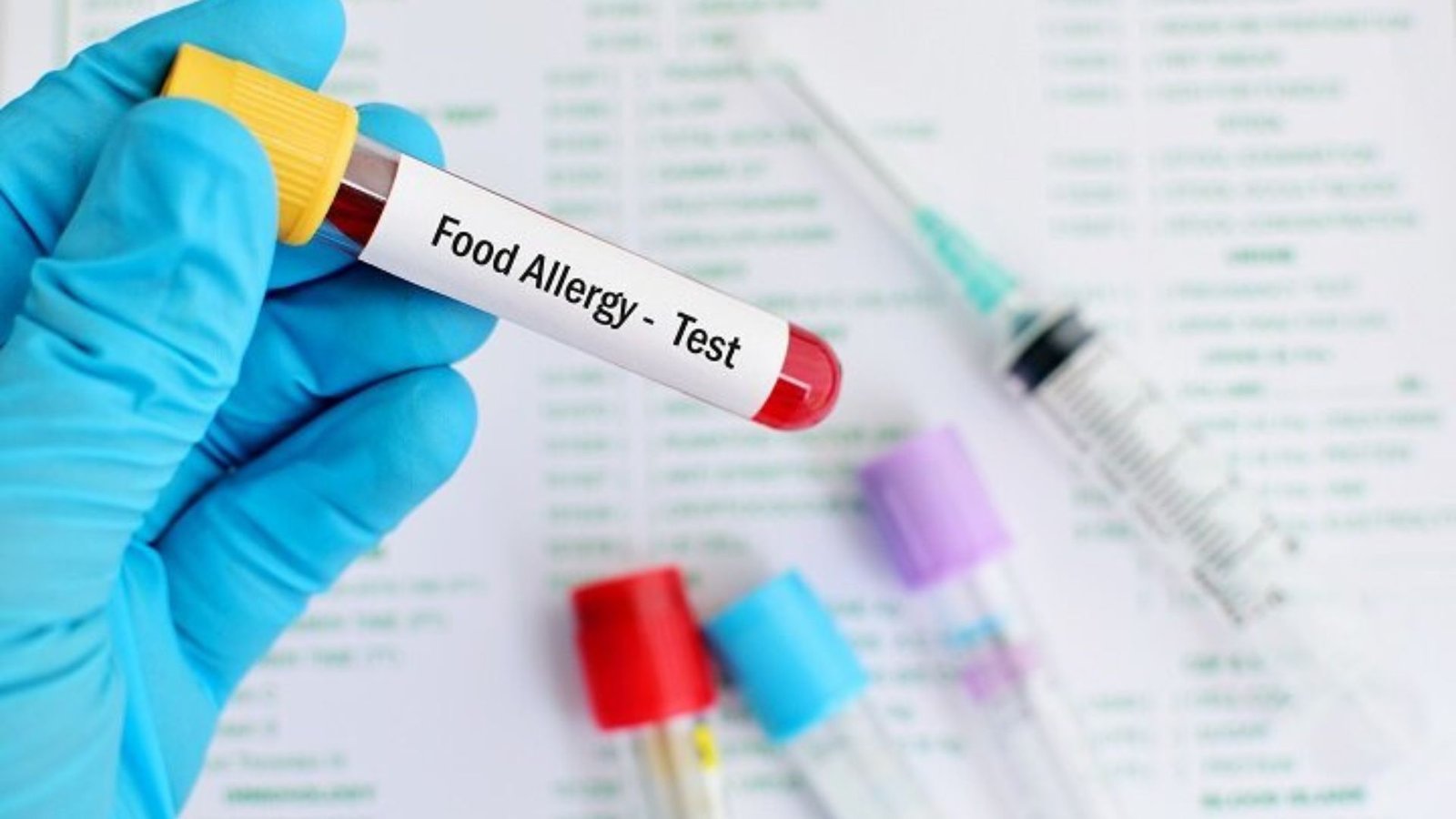Living with food allergies can feel like a constant challenge. Whether you have allergies to nuts, dairy, gluten, or other foods, navigating the world of dining out, grocery shopping, and social gatherings can be intimidating. However, with the right strategies, knowledge, and support, you can confidently manage your allergies while living a full, vibrant life. Here’s how to approach food allergies with confidence.

Educate Yourself About Your Allergies
The first step to living confidently with food allergies is to fully understand them. Knowledge is power, and when you’re informed about your allergens, you’ll feel more prepared to manage your condition.
- Know Your Triggers: Clearly identify which foods cause allergic reactions. Keep a list of your allergens and understand the symptoms of a reaction, from mild rashes to severe anaphylaxis.
- Learn the Science Behind It: Educate yourself on how food allergies work, including the role of the immune system and how allergies can evolve over time.
- Stay Updated: Research any new developments or changes in food safety regulations and allergy treatments. Being up-to-date with the latest information ensures that you have the best possible tools for managing your allergies.
Why it’s important: Knowledge empowers you to take proactive steps, reducing anxiety and helping you make informed decisions about your health and safety.
Plan and Prepare Your Meals
Meal planning is key to avoiding allergens and ensuring that you always have safe, delicious options on hand. By taking control of your meals, you reduce the risk of accidental exposure to allergens.
- Cook at Home: Preparing your own meals gives you full control over ingredients and cooking methods, minimizing the risk of cross-contamination.
- Plan Ahead: Meal prep for the week or keep a variety of safe foods stocked in your kitchen, so you don’t have to scramble to find something to eat.
- Learn Substitutes: Research allergen-free substitutes for common ingredients. For example, if you’re allergic to eggs, use flaxseed or chia seeds as a binding agent. This way, you can still enjoy your favorite dishes without compromising your health.
Why it’s important: Meal planning helps you avoid relying on potentially unsafe food options and ensures that you always have safe meals available, reducing stress and uncertainty.
Read Food Labels Carefully
Food labels are your first line of defense against accidental allergen exposure. In many countries, food manufacturers are required to list common allergens on packaging, but it’s still important to be diligent when reading labels.
- Know the Common Allergen Indicators: Look for terms like “contains,” “may contain,” or “produced in a facility that processes.” These can give you important clues about possible cross-contamination.
- Familiarize Yourself with Ingredients: Understand what ingredients may contain hidden allergens. For example, casein is a milk protein, and whey is often found in dairy-based products.
- Check for Allergen-Free Certifications: Some products are certified allergen-free by third-party organizations. Look for these certifications to make shopping easier and safer.
Why it’s important: By carefully reading labels, you ensure you avoid foods that may contain allergens, giving you peace of mind when shopping.
Carry Allergy Medication with You
Being prepared for an allergic reaction is crucial, especially when you’re out and about. Always carry your prescribed medication, such as antihistamines, inhalers, or epinephrine auto-injectors (EpiPens), and keep them in an easily accessible place.
- EpiPen Awareness: If you have severe allergies, carrying an EpiPen is essential for treating anaphylaxis, which can occur within minutes of exposure to an allergen. Be sure to keep the medication with you at all times and check expiration dates regularly.
- Make a Medication Plan: If you’re traveling or attending events, make sure you have access to your medications at all times. Inform people around you about your allergies and how to administer the medication if needed.
Why it’s important: Carrying your medication ensures that you’re prepared for emergencies, allowing you to act quickly if an allergic reaction occurs and reducing the risk of severe complications.
Communicate Your Allergies Clearly
Effective communication is key to avoiding exposure to allergens. Whether you’re at a restaurant, attending a social gathering, or visiting a friend’s house, always make sure people know about your food allergies.
- At Restaurants: Don’t hesitate to inform the waiter or chef about your allergies before ordering. Ask about preparation methods to ensure there’s no cross-contamination. If you’re uncertain about an ingredient, don’t be afraid to ask questions or request modifications to your meal.
- With Friends and Family: Make sure friends and family members are aware of your allergies, so they can help prevent accidental exposure. Be clear about your dietary restrictions when attending parties or barbecues.
- Use Allergy Alert Cards: Carry cards that explain your allergies in detail. These can be particularly helpful when traveling or dining out, ensuring that others understand your specific needs.
Why it’s important: Clear communication helps prevent accidental exposure and fosters understanding, reducing the likelihood of an allergic reaction.
Conclusion
Living confidently with food allergies is entirely possible with the right approach. By educating yourself, planning meals, communicating clearly, and staying prepared, you can navigate daily life with ease. Embrace your food allergies as part of your identity, and empower yourself with the tools and knowledge you need to thrive. With these strategies, you can live a full, healthy, and confident life—no matter what food allergens you face.











